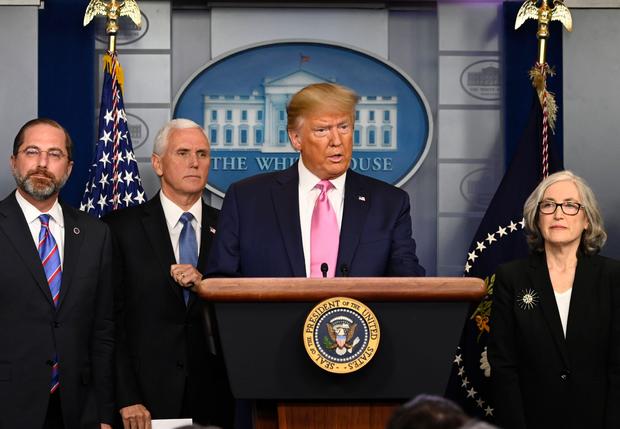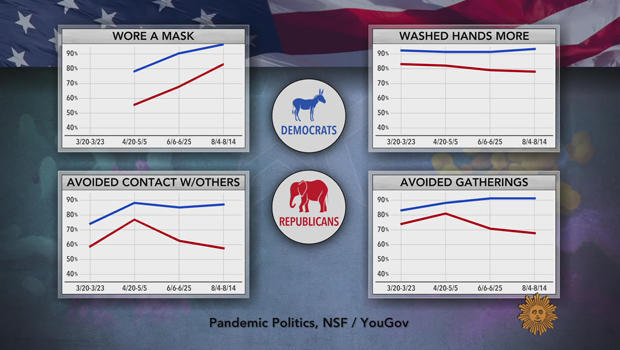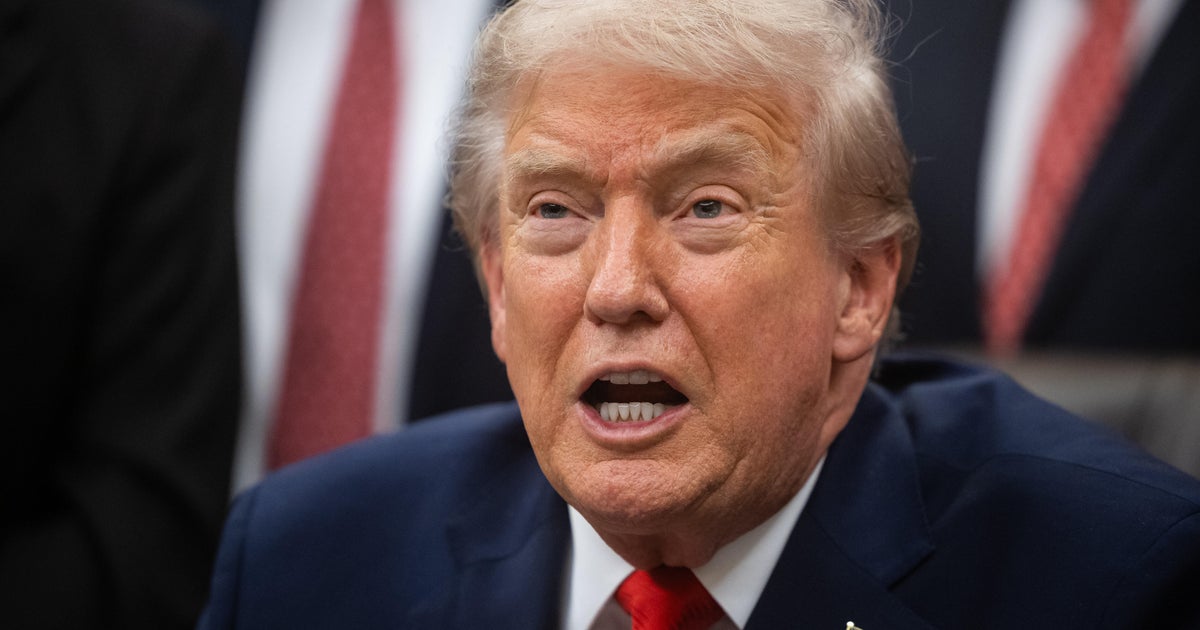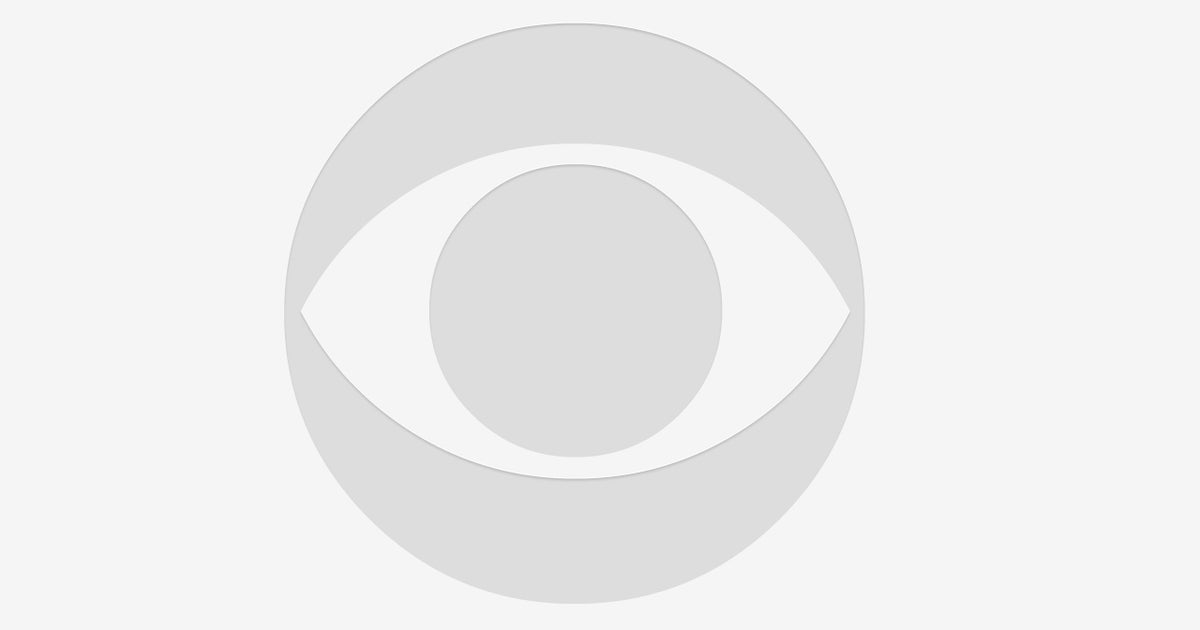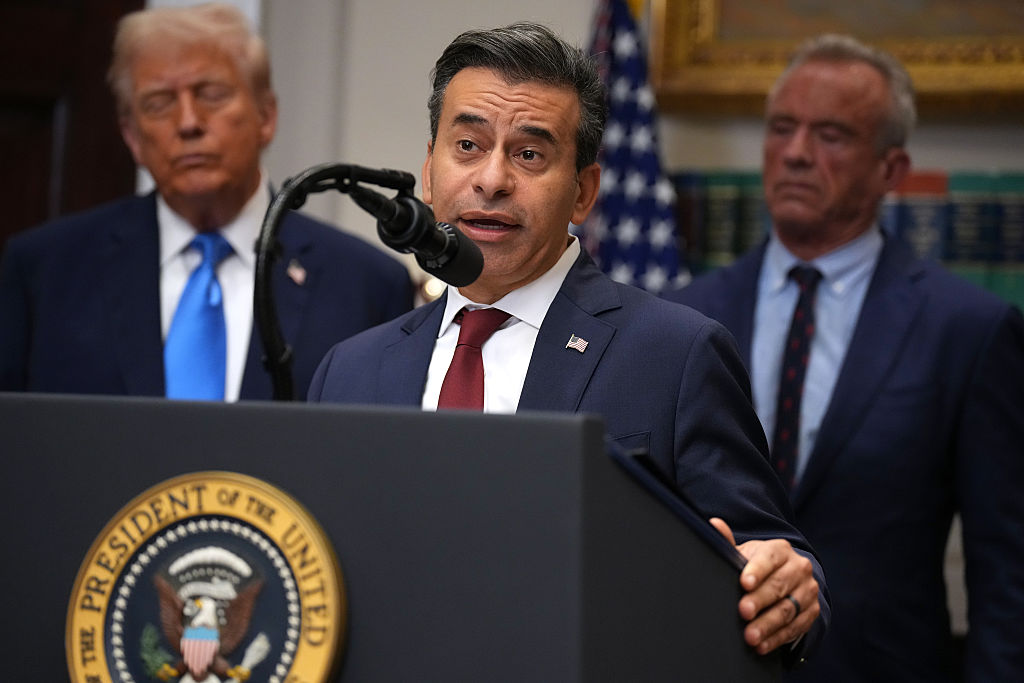Why did COVID-19 become partisan?
"You just breath the air, and that's how it's passed … This is deadly stuff," said President Donald Trump. The date of Bob Woodward's bombshell recording, February 7, is important. President Trump knew then the threat of COVID-19 – and had no qualms about downplaying it.
"We don't want to have to show panic," Mr. Trump said Wednesday after news of Woodward's recording broke. "We're not going to show panic, and that's exactly what I did."
But panic tanked the markets. On February 25, the Dow Jones was down nearly 900 points, a disaster of a down day, capped by the Centers for Disease Control and Prevention's Dr. Nancy Messonnier, who gave a coronavirus warning: "We are asking the American public to work with us to prepare in the expectation that this could be bad."
No fan of bad news, the following day President Trump announced his own coronavirus task force, with Vice President Mike Pence in charge – and control of the COVID message shifted from the CDC in Atlanta, to the White House.
Downplaying the seriousness of the outbreak, Mr. Trump said on February 26, "When you have 15 people and the 15 within a couple of days is going to be down to close to zero, that's a pretty good job we've done."
Correspondent Martha Teichner asked, was that when it happened? Was that when politics, when partisanship became the lens through which Americans began viewing the pandemic?
As businesses closed, protesters shouted, "We don't want your shutdown anymore," while others expressed fear that some were ignoring social distancing protocols: "It's a little shocking to see so many people not wearing protective masks, not staying six feet apart," said one woman. Anti-shutdown protesters held up signs decrying a "scam-demic" or "sham-demic," while counter-protesters exhibited signs reading, "Listen to epidemiologists" and "Stay Home, Save Lives."
Shana Gadarian, an associate professor of political science at Syracuse University, told Teichner, "We thought that the more worried people were about COVID, the more likely they were to be following all of the, kind of public health best practices. And that's not what we found.
"What we found was that the biggest divider in people's behaviors was not their age, not their demographics, not their education; it was their partisanship."
Gadarian and two colleagues have been surveying Americans' attitudes toward COVID-19 since March. The percentages on mask-wearing, and even hand-washing between Democrats and Republicans diverge as much as 20%. As states opened up, the gap widened.
Gadarian said, "Messages from health leaders like the CDC were rapidly changing over time, and that's very hard for people to keep up with. So, they have to turn toward those kinds of experts that they believe and that they trust. And in this case, the kind of message from the White House was dominating."
If politics is about winners and losers, during the COVID crisis, the CDC has lost big time, starting with the slow, botched roll-out of its test kits, and then its about-face on whether we needed to wear masks.
Dr. Richard Besser spent 13 years at the CDC and was acting director in 2009 during the swine flu epidemic. He now heads the Robert Wood Johnson Foundation. He told Teichner, "I ran emergency response at CDC for four years. There was never a response I was involved in where we didn't make mistakes. What was different in this situation was that CDC wasn't out there every day being able to explain."
The CDC's director, currently Dr. Robert Redfield, is one of its only political appointees. By mid-March, Redfield had all but disappeared from the president's daily coronavirus task force briefings.
Since then, CDC guidelines on re-opening the country have been buried; on schools and testing, watered down.
Dr. Besser said, "When you see the fingerprints of politics in the public health recommendations, that's a real problem. And it's a problem because it makes it hard to then discern what's being done for political reasons and what's being done for public health reasons."
- Trump officials interfered with CDC reports on COVID-19 (Politico, 9/11/20)
In an unprecedented Washington Post op-ed, Dr. Besser (along with three other former directors of the CDC) charged that the undermining of the agency is actually killing Americans.
- We ran the CDC. No president ever politicized its science the way Trump has (Washington Post, 7/14/20)
"It's just amazing how we as a nation have lost our way and have begun politicizing things that, you know, in the past there was consensus on, and we're seeing more and more of that," said Dr. Georges Benjamin, who heads the American Public Health Association, which rallied 347 of the nation's most prestigious health organizations in support of the CDC.
"Politics plays a role in lots of things," he said, "but if people think that is your primary purpose, then they're always suspect, and it gives people who don't want to participate the wiggle room not to do it."
And, to openly defy restrictions they don't like (at one anti-mask rally, a protester said, "We believe this is an infringement on our constitutional right"), and even to attribute political motives to public institutions.
Trust that the CDC is providing reliable information about the coronavirus has dropped dramatically – regardless of party affiliation – since April. Roughly four in 10 Americans think that during the Trump administration, the CDC and the Food and Drug Administration are paying too much attention to politics.
The president last month stoked that sentiment – accusing the FDA of slow-walking the testing of COVID vaccines and treatments to harm him politically. "You have a lot of people over there that don't want to rush things," Mr. Trump said August 19, "because they want to do it after November 3."
He was pushing convalescent plasma as a COVID treatment – and guess what happened? Just before the start of the Republican National Convention, the FDA granted emergency authorization for its use.
FDA commissioner Dr. Stephen Hahn defended the decision: "The professionals and the scientists at FDA independently made this decision, and I completely support them," he told "CBS This Morning."
So, is the FDA the new CDC, its integrity and independence in question? On September 1 it was reported that the FDA – which has to approve any coronavirus vaccine for use in the United States – would consider emergency approval for a COVID vaccine before clinical trials are completed.
"So, we're going to have a vaccine very soon," President Trump said on Labor Day. "Maybe even before a very special day – you know what date I'm talking about?"
In spite of assurances to the contrary, current polling shows that Americans overwhelmingly – Democrats and Republicans – worry that the vaccine approval process is being driven more by politics than science. When asked on CNN whether she would take the vaccine if it were available soon, Democratic Vice President nominee Kamala Harris replied, "Well, I think that's going to be an issue for all of us. I think I would say that I would not trust Donald Trump."
And you knew this was coming: the prospect of a pre-election vaccine heated up the presidential race. On Tuesday, Mr. Trump said, "They're trying to disparage it, they're trying to make it politics. And now what's going to happen is, we're going to have it and people won't want to take it. That's really bad."
Meanwhile, on Monday Democratic Presidential nominee Joe Biden said of the president, "He's undermining public confidence. But pray God we have it. If I could get a vaccine tomorrow I'd do it. If it cost me the election I would do it. We need a vaccine and we need it now, as quickly as we can get it. But we have to listen to the scientists."
With every aspect of coronavirus politicized already, it should surprise no one a vaccine that could end the pandemic has been weaponized.
For more info:
- Shana Gadarian, associate professor, Maxwell School of Citizenship and Public Affairs, Syracuse University
- Dr. Richard Besser, president and CEO, Robert Wood Johnson Foundation
- Dr. Georges Benjamin, executive director, American Public Health Association
Story produced by Mark Hudspeth. Editor: George Pozderec.
